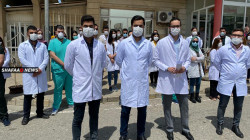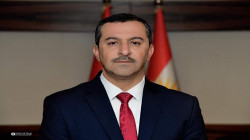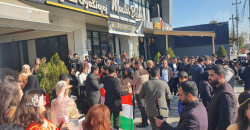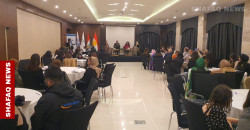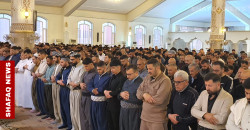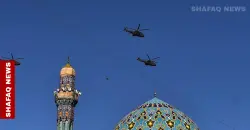Easter celebrations thrive in Kurdistan’s Al-Sulaymaniyah
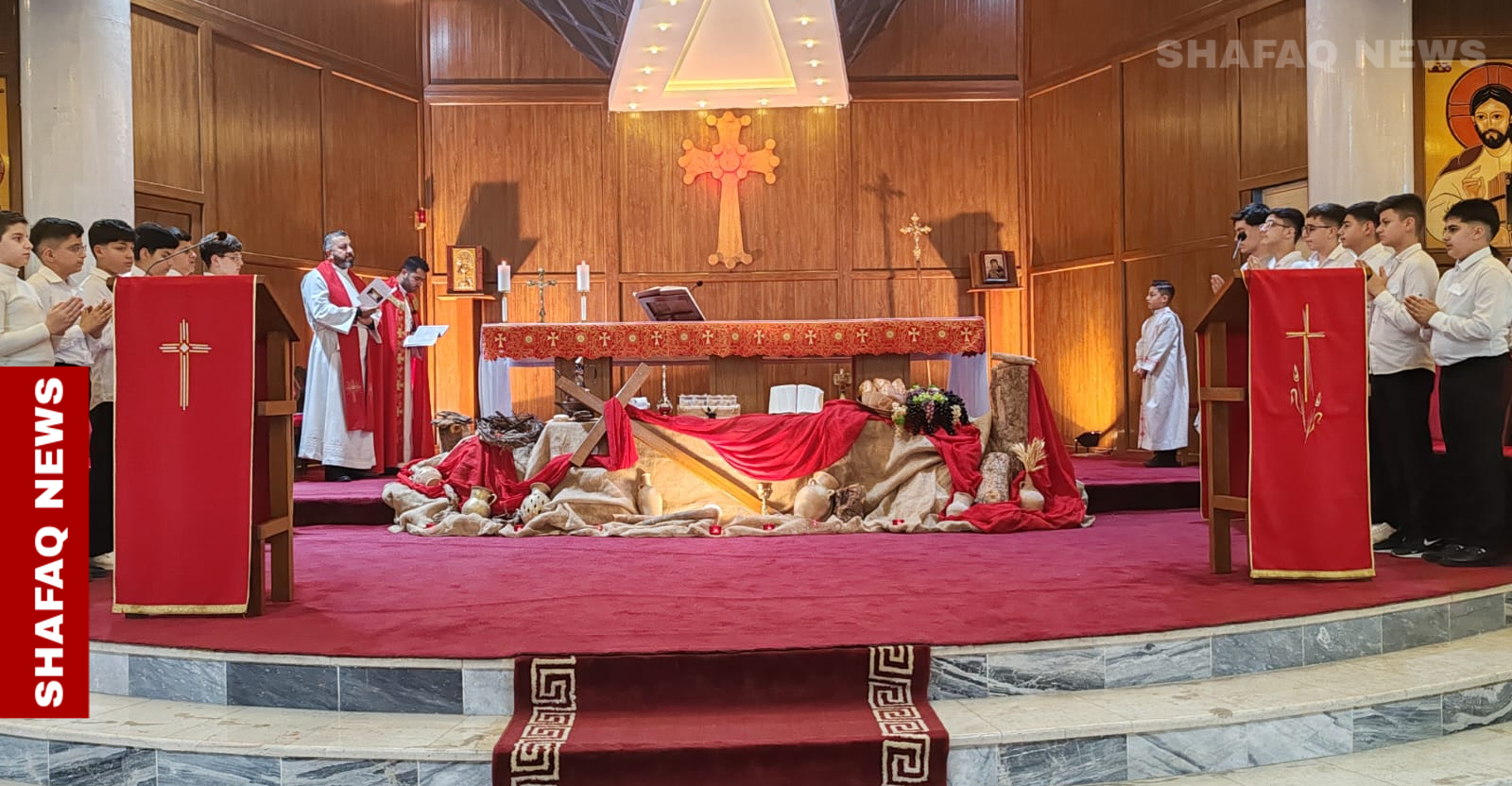
Shafaq News/ In the northern Iraqi city of Al-Sulaymaniyah, Easter preparations are in full swing at St. Joseph Chaldean Catholic Church, where flickering candles, fresh floral arrangements, and the echo of ancient hymns signal a rare moment of unity and reverence for Iraq’s shrinking Christian community.
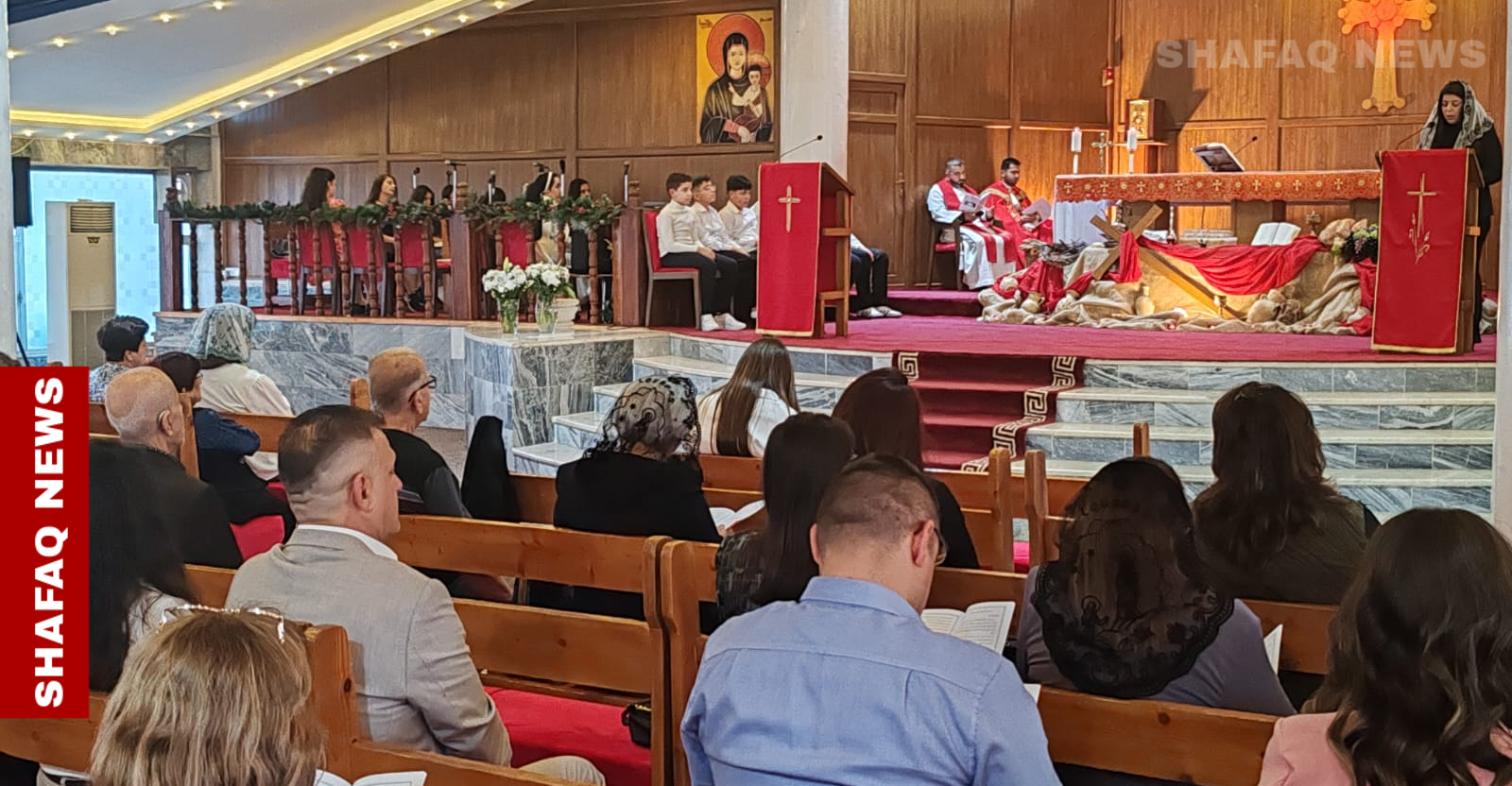
“This year feels special,” said Maryam Mohammed, a local worshipper. “There’s a sense of togetherness. We’re crossing generational lines to keep these traditions alive, even as our numbers dwindle.”
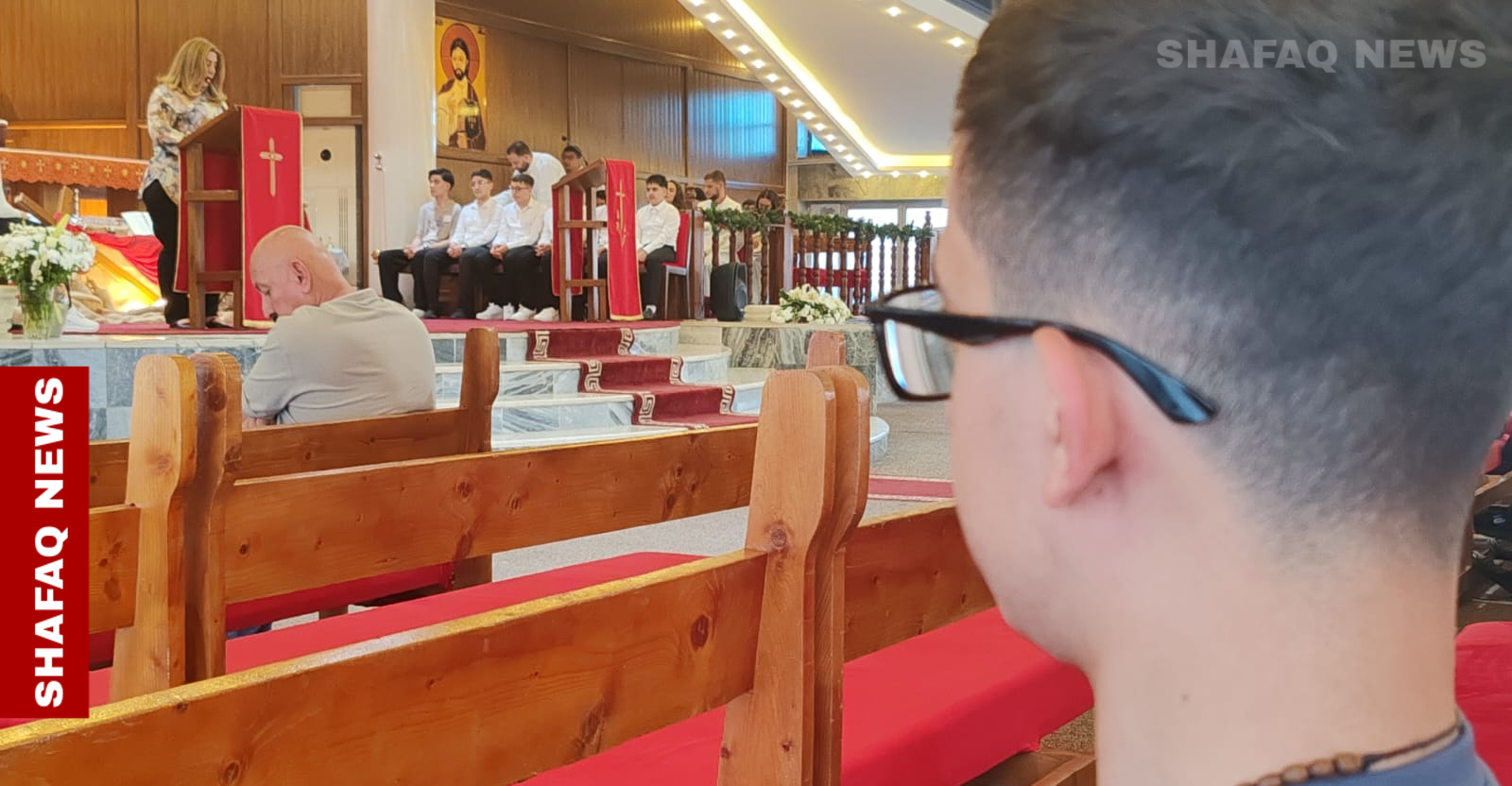
“These traditions bring us peace…They remind us who we are and hold us together, like a family — even when many of our relatives are now abroad,” said Maryam Khalil.
“Easter is more than a celebration — it’s a reaffirmation,” Samer Boulos, a parishioner, told Shafaq News.
“Every candle we light and every hymn we sing is an act of spiritual restoration.”
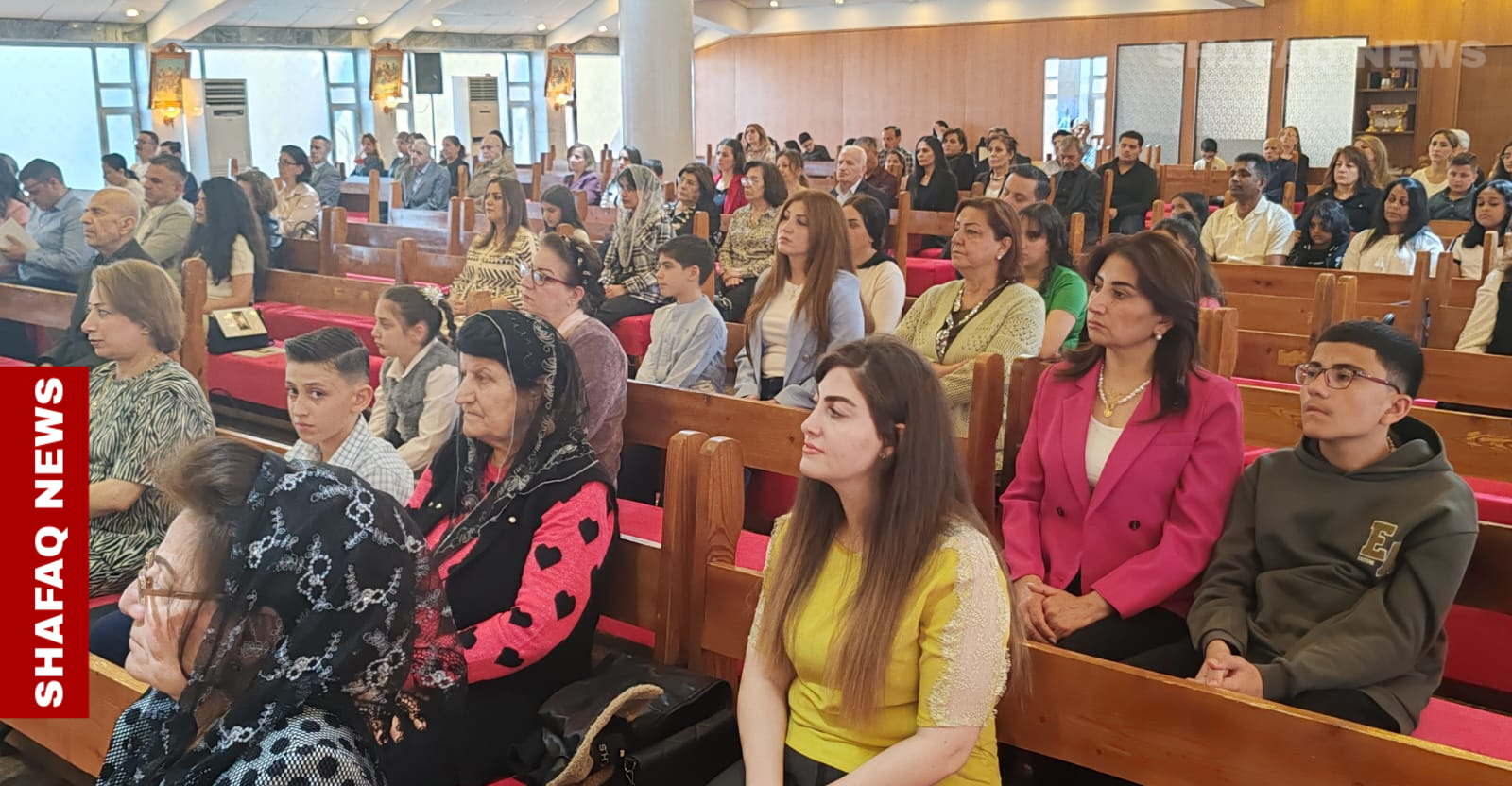
Once home to more than 1.5 million Christians before 2003, Iraq’s Christian population has plummeted to fewer than 250,000, according to estimates by church leaders and aid organizations. Chaldeans, Assyrians, Syriacs, and Armenians—who form the backbone of the country’s Christian denominations—have seen their communities hollowed out by decades of conflict, economic hardship, and targeted violence.
ISIS’s brutal campaign from 2014 to 2017 devastated Christian towns in the Nineveh Plains, where churches were desecrated and entire families forced to flee. Though some have returned to rebuild their homes and sanctuaries, fears of instability and the pull of exile continue to thin their ranks.
Despite the demographic pressures, Iraq’s Christians maintain a degree of political and cultural recognition. The Iraqi constitution identifies Christianity as a protected faith group, and seats in the national parliament are allocated to Christian representatives.
